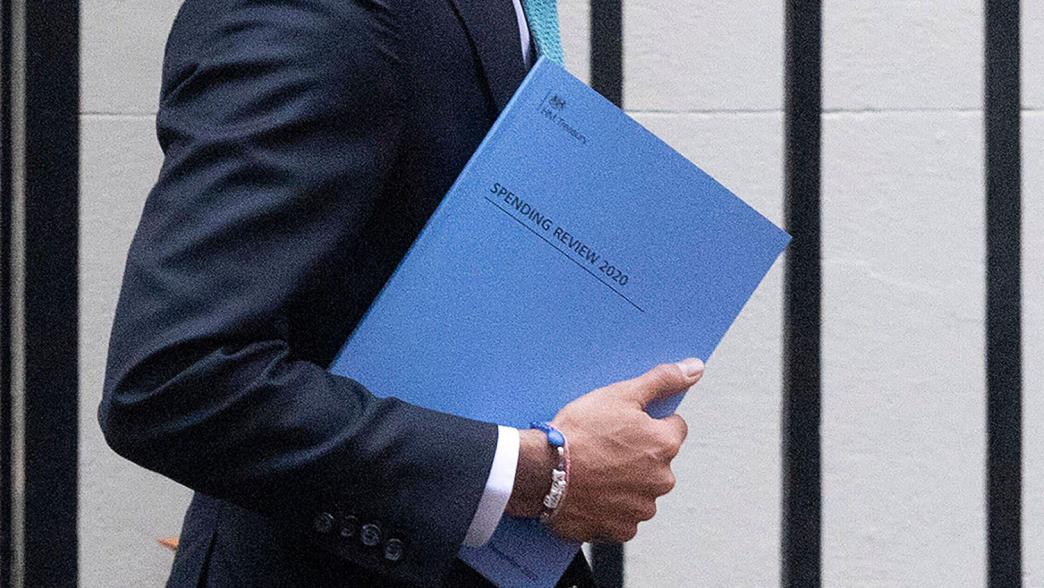When to run the next spending review
The next government must hold an urgent spending review before a budget 'cliff edge'.

Spending reviews
What are spending reviews and how do they work? Our explainer looks at why spending reviews were introduced in the UK and parliament's role in the process.
Read our explainer
